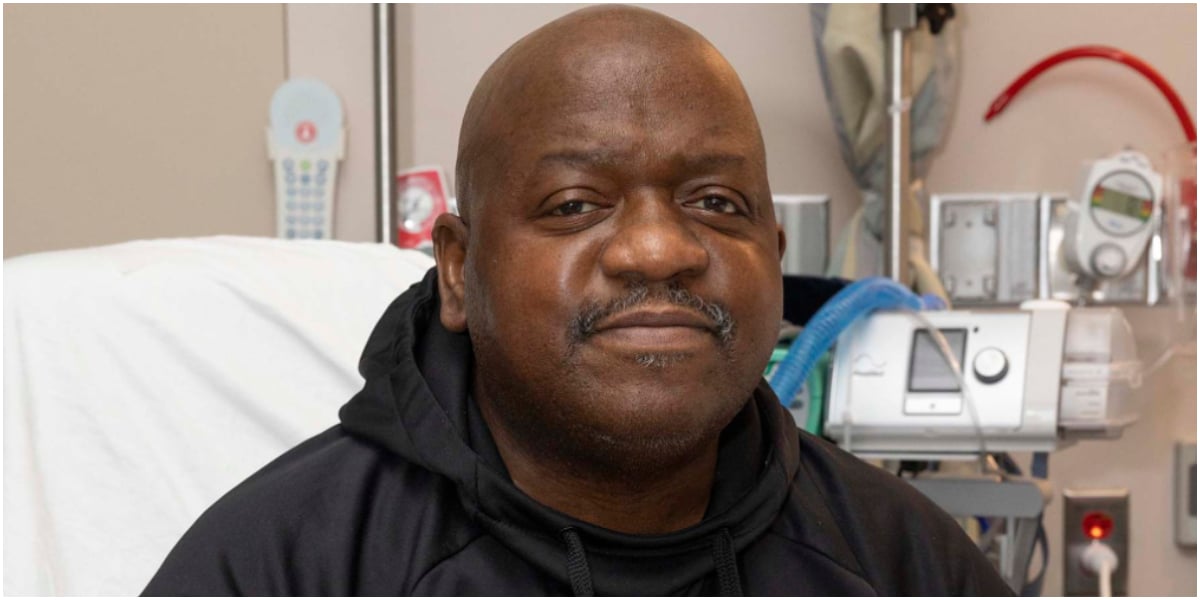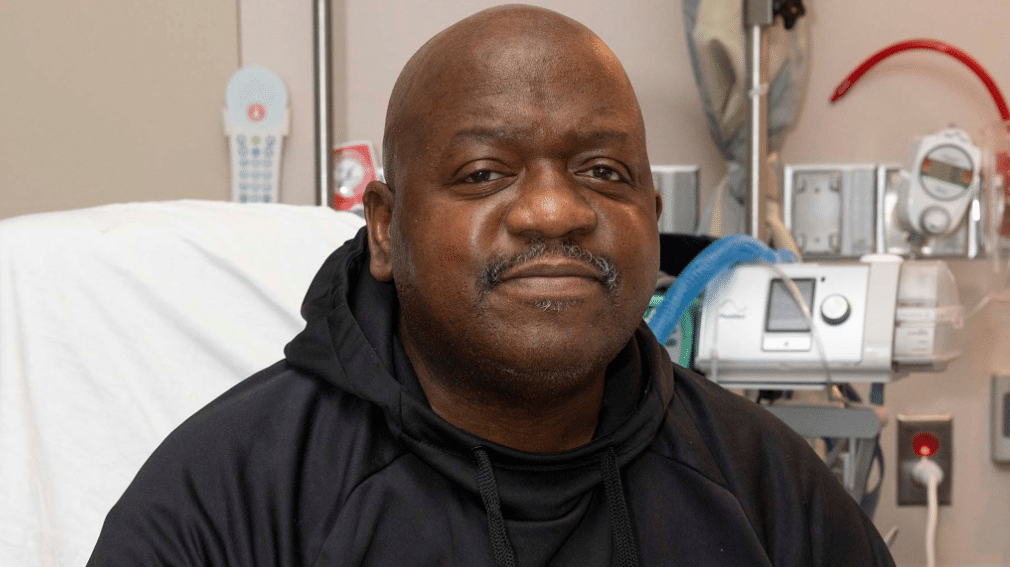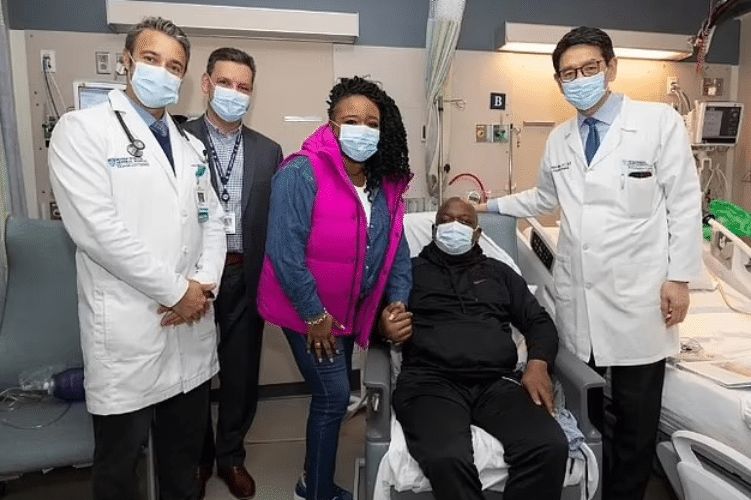First man to receive kidney transplant from pig dies

Richard “Rick” Slayman, 62, who became the first man to undergo a genetically modified pig kidney transplant, has tragically passed away.
Massachusetts General Hospital (MGH), the hospital behind the pioneering operation, disclosed that Slayman succumbed to his condition, two months following the historic procedure conducted in March.
Slayman had reportedly been grappling with end-stage kidney disease, compounded by Type 2 diabetes and hypertension, necessitating the innovative intervention.

Previously, in 2018, he had undergone a human kidney transplant, which showed signs of failure after a five-year period.
The recent transplant, utilizing a genetically modified pig kidney, held promise as a beacon of hope for patients worldwide awaiting organ transplants.
“Mr Slayman will forever be seen as a beacon of hope to countless transplant patients worldwide and we are deeply grateful for his trust and willingness to advance the field of xenotransplantation,” MGH said in a statement.
While the transplant appeared initially successful, with Slayman no longer requiring dialysis and the new organ reportedly functioning well, the sudden demise has left medical professionals and Slayman’s family stunned.

Despite the unfortunate outcome, MGH expressed gratitude for Slayman’s courage and commitment to advancing the field of xenotransplantation, which involves transplanting living cells, tissues, or organs from one species to another.
In a heartfelt statement, MGH extended condolences to Slayman’s bereaved family, acknowledging his role as an inspiration and symbol of hope for countless individuals awaiting life-saving transplants.
“Rick said that one of the reasons he underwent this procedure was to provide hope for the thousands of people who need a transplant to survive,” they said.
“Rick accomplished that goal and his hope and optimism will endure forever.
“To us, Rick was a kind-hearted man with a quick-witted sense of humour who was fiercely dedicated to his family, friends, and co-workers,” they added.





